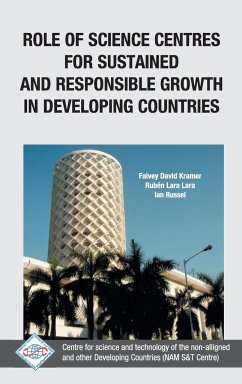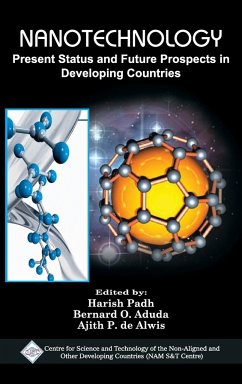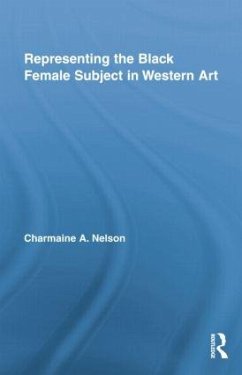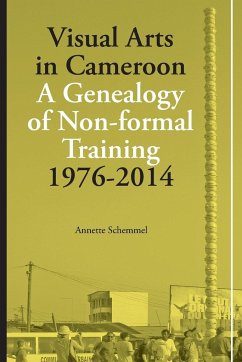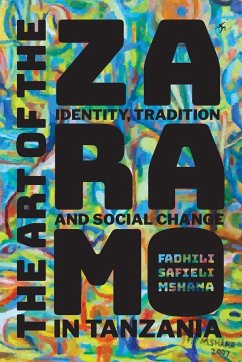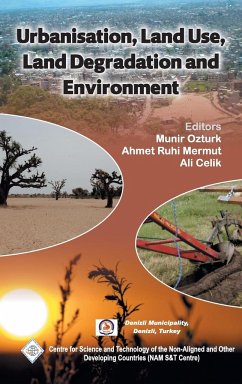
Urbanisation, Land Use, Land Degradation and Environment/Nam S&T Centre
Versandkostenfrei!
Versandfertig in 1-2 Wochen
125,99 €
inkl. MwSt.

PAYBACK Punkte
63 °P sammeln!
Land primarily refers to geographic locations and has been the cause of many conflicts and disputes. It also refers to natural resources, river and water masses and discords over their use. For instance, water bodies in a region that has been deforested or has eroded will have different water quality than those in areas that are forested. Land use information can be used to develop solutions for natural resource management issues such as salinity and water quality. Similarly, environmental pollution, especially in urban areas, is one of the biggest challenges the world faces today with serious...
Land primarily refers to geographic locations and has been the cause of many conflicts and disputes. It also refers to natural resources, river and water masses and discords over their use. For instance, water bodies in a region that has been deforested or has eroded will have different water quality than those in areas that are forested. Land use information can be used to develop solutions for natural resource management issues such as salinity and water quality. Similarly, environmental pollution, especially in urban areas, is one of the biggest challenges the world faces today with serious economic and health implications. Further, in the developing and developed countries alike, urbanisation encroaches on productive land and natural habitats. Thus land degradation in many ways results in misery for the local population and destruction of valuable ecosystem making it highly desirable to use integrated and holistic techniques for the planning and management of land resources in order to ensure the long-term quality of the land for human use, prevention or resolution of social conflicts related to land use and conservation of ecosystems of high biodiversity. This publication is comprised of the papers reflecting the views and experiences of scholars and policy makers that were deliberated upon during an international conference on 'Urbanisation, Land Use, Land Degradation and Environment' organised by the NAM S&T Centre at Denizli, Turkey during 18-22 August 2008 jointly with the Pamukkale University and the Turkish Scientific and Technological Research Council (TUBYTAK). The information presented here would hopefully serve as a useful reference material for the concerned policy makers and scientists working on issues relating to land and environmental management.





